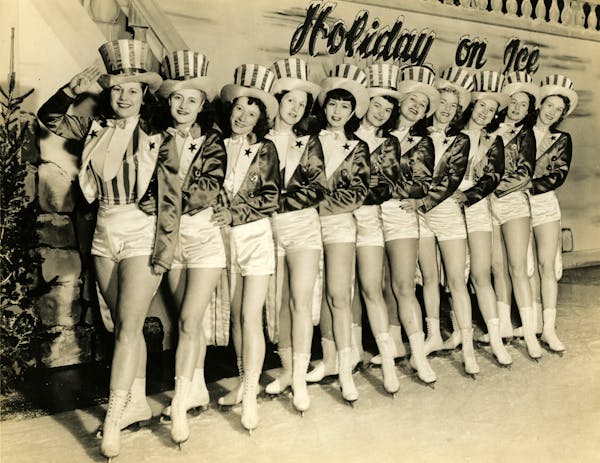Rarely in Hollywood history has the union of a legendary director and a celebrated writer met with more critical hostility and audience indifference than in the strange case of "The Counselor," released to theaters last October and virtually invisible within weeks.
Newly available for streaming on demand, the film — directed by Ridley Scott ("Blade Runner," "Thelma & Louise") and written expressly for the screen by Cormac McCarthy (prize-winning author of "Blood Meridian" and "The Road") — is now benefiting from a modest but burgeoning degree of reappraisal among viewers, including critics, who missed the movie last fall or saw it and, well, missed the boat.
Undeniably, this lurid tale of a naive south Texas lawyer who gets embroiled in a nasty drug deal amounts to an embarrassment of riches, what with its eye-popping production design, arresting widescreen cinematography, immersive sound mix and outrageously juicy performances by scenery-chewing sex symbols — Brad Pitt, Penélope Cruz, Javier Bardem, Cameron Diaz and, in the title role, Michael Fassbender.
Judging from the reviews, many as violent as that of the movie's spasmodic action, "The Counselor" appears to strike the bulk of American film critics as being too much — too eye-popping, too arresting, too immersive, too outrageous and so on. (Funny that many of these reviewers had little trouble appreciating the nothing-exceeds-like-excess styles of "American Hustle" and "The Wolf of Wall Street.")
To the extent that the movie's vulgar postmodernism resembles not Scott's work so much as that of his late brother Tony ("True Romance," "Domino"), who died in 2012, there's a sense in which "The Counselor" plays as a tribute, at once playful and mournful, to the younger sibling's cinema of extremity.
Still, the most severe of the film's countless transgressions isn't that it's too entertaining, but too enigmatic.
Right from the get-go, with Fassbender and Cruz entwined in an unforgettably raw sex scene slightly obscured by billowing bed sheets, neither McCarthy nor Scott appears remotely interested in explaining the relationships between characters or in diagraming the trajectories of their various schemes. Here, the spectacle of major movie stars looking supercool in futuristically spectacular, near-apocalyptic surroundings creates its own drama — for those who appreciate form as much as content, anyway.
The filmmakers' attitudes, too, are a touch unclear. Is "The Counselor" a parody of film noir or, via McCarthy's implausibly verbose and riveting dialogue, a half-serious philosophy of darkest humanity? And what of the audience's attitude? Why are movies expected to reveal their intentions completely or else suffer our scorn?
The film's sweltering border-town depravity and loquacious soliloquies suggest Orson Welles' initially maligned and now revered "Touch of Evil" (1958). "The Counselor" seems equally akin to 1954's "Beat the Devil" — which, despite its alluring cast (Humphrey Bogart, Jennifer Jones, Gina Lollobrigida) and history-making combo of writer and director (Truman Capote and John Huston), came in for critical drubbing and box-office failure, followed eventually by cult status and widespread admiration.
If the slow but steady pop-cultural progress of "Beat the Devil" is any indicator, "The Counselor" should be a classic by 2024. See it now if you want to be sexy.
In heated western Minn. GOP congressional primary, outsiders challenging incumbent

Minnesota Sports Hall of Fame: A class-by-class list of all members

This retired journalist changed professional wrestling from Mankato

